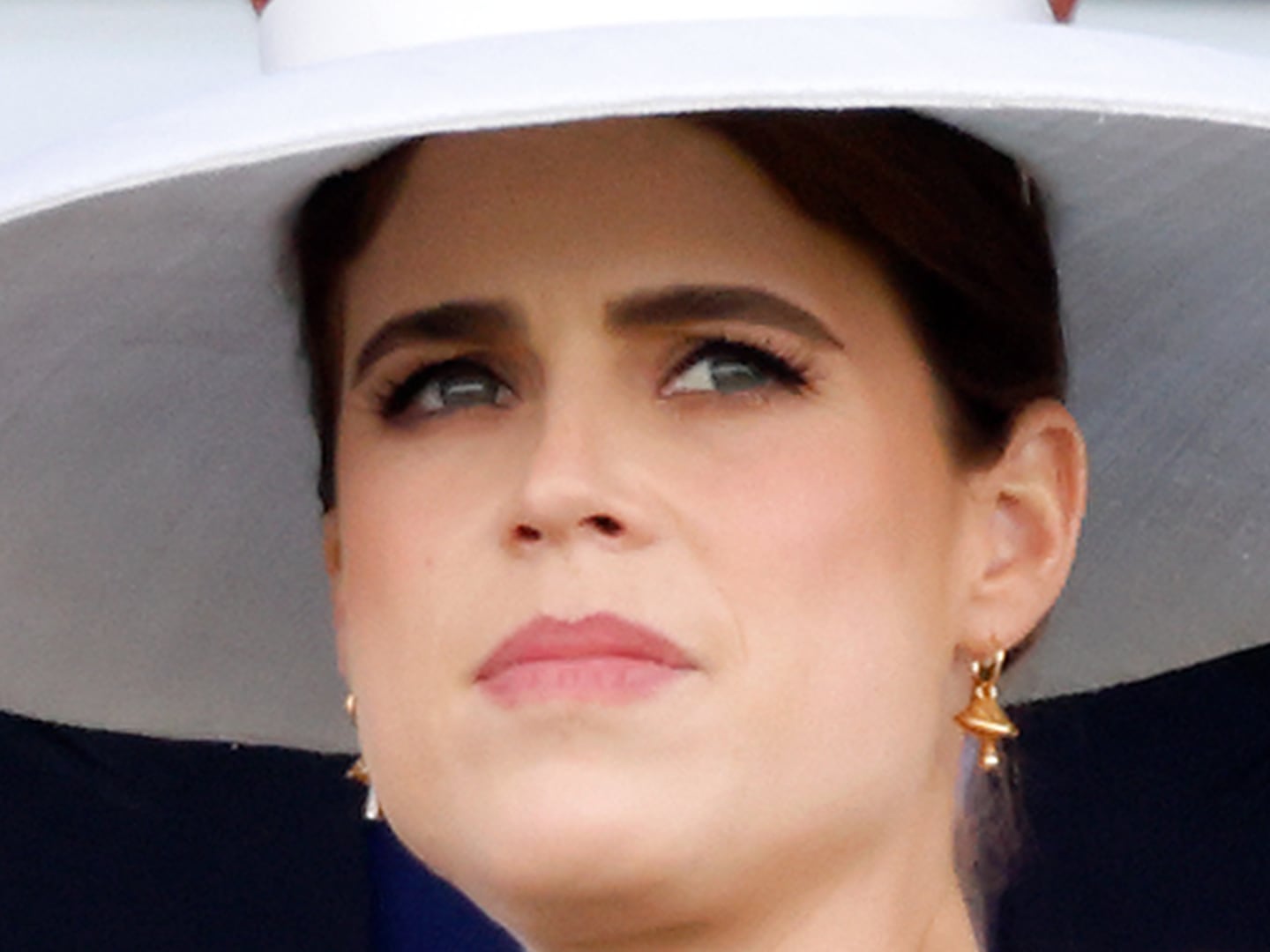A key member of Prime Minister Benjamin Netanyahu’s right-wing Likud Party is dismissing an idea floated in the media recently to have President Obama visit Israel before the U.S. election in November as part of America’s effort to prevent Netanyahu from attacking Iran’s nuclear program.
The idea was put forward earlier this month by Amos Yadlin, the former head of Israel’s military intelligence, who wrote in The Washington Post that by making the trip, Obama could persuade Israelis just how serious he is about blocking Iran’s development of nuclear weapons. Other analysts and journalists have embraced the initiative, including Jeffrey Goldberg of The Atlantic, who devoted a column to it in Bloomberg View.Netanyahu’s office has refused to comment on the idea, describing it as “press speculation.” But Danny Danon, a Likud lawmaker and deputy speaker of Israel’s parliament, told The Daily Beast that Obama should stay home.“I think it would be too little, too late, and I don’t think it will have an impact on Prime Minister Netanyahu’s decision,” said Danon, who describes himself as one of Netanyahu’s intimates. “If we see a real commitment from the U.S., that might change something. But this would just be a campaign visit.”“We don’t see real leadership on Iran,” Danon added, referring to Obama.

His comments seemed to reflect the sentiment of at least some in the government of Netanyahu, who has had a more troubled relationship with the White House than any of his predecessors, going back at least two decades.They also breached a wall of silence within the ruling party about the issue since Yadlin’s opinion piece was published on Aug. 17. Several other Likud lawmakers refused to speak on record about the idea.
Members of Netanyahu’s government complain frequently that Obama, while visiting Egypt, Saudi Arabia, and other Middle Eastern countries during his term, has not made a trip to Israel. They say it reflects a White House agenda to improve relations with the Arab world at the expense of Israel.
In response, White House officials point to a raft of measures Obama has taken to strengthen mainly security ties with Israel, and say the president will likely make the trip during his second term, if he’s reelected.
Though Obama’s travel schedule has looked a lot like that of other U.S. presidents—most don’t visit Israel in their first term—the matter has even become a campaign issue, with Mitt Romney, the GOP candidate, drawing attention to it during his time in Israel last month.
Still, analysts said Netanyahu worries that a visit now might be detrimental in a number of ways.
If tensions between the two men are apparent during the trip, it could damage Netanyahu’s already eroding popularity at home (Israelis attach much importance to their country’s relationship with Washington).
And if Obama does not give Netanyahu the assurances he seeks regarding Iran, the visit itself would still make it substantially harder for Israel to defy American pressure and carry out an assault before the U.S. election in November—in the time frame that Netanyahu has defined as Israel’s window of opportunity.
“There are two main obstacles here: Obama and Netanyahu,” wrote Anshel Pfeffer, a reporter and blogger with the left-leaning Israeli newspaper Haaretz. “Not only do both men share a deep dislike and distrust of each other, but they would both be suspicious of the implications of such a visit.”
Iran, for its part, says its nuclear program is peaceful—though most of the world believes it’s aimed at getting nuclear weapons.
Danon refused to say what specific assurances Israel would need to stall its attack plan. But analysts have said Israel wants a date from Obama after which, if diplomacy and sanctions fail to get Iran to suspend its program, the U.S. will launch its own military assault.
“There’s a limited time we can continue to speak and debate and have committees. And I think President Obama knows it. But we haven’t seen a commitment coming from the White House,” he said.
Relations between Obama and Netanyahu have been strained for more than three years now, mainly over Israeli settlement expansion in the West Bank and efforts to renew peacemaking between Israel and the Palestinians.
Peace talks have been virtually on hold since Israelis elected Netanyahu in 2009.






